BELIEVE IN PEOPLE’S FREEDOM, CHOICES AND OPPORTUNITIES
Human development is a process to understand people’s freedom, choices and opportunities. It is the science that seeks to enlarge, how and why the people of all ages and situations change, upgrade or remain same over time. The United Nations General Assembly also stated that for human development the principles of freedom, equality, tolerance, respect, solidarity and shared responsibility must be adopted and practiced. The subject of human development is not new to the world as Jig (last ruler of the Xia Dynasty of China) had in the 6th century BC highlighted the need for making equity and equality as core objectives of human development and argued that providing equality in terms of opportunity was as important as equity of outcomes.
In the 21st century AD, India has witnessed a slow but steady change of human development. Progress in human development has been impressive over the past 25 years. People now live longer; more kids are in school and more people have access to basic social services. The Millennium Declaration and the Millennium Development Goals-global commitments at the turn of the century to end basic human deprivations within 15 years-added to the momentum. However, there is a long road ahead to witnessing a tangible transformation of society. Progress has bypassed groups, communities, societies-and people have been left out. Some have achieved only the basics of human development, and some not even that. And new development challenges have emerged, ranging from climate change to inequalities, from epidemics to desperate migration, from conflicts to violent extremism.
The poor, according to Amartya Sen.’s Capability Approach, consist of individuals who are deprived of basic freedoms, such as education, political power, and other capabilities, that allow individuals to achieve full lives that they have reason to value. This approach broadens the definition of poverty beyond traditional terms of financial power to recognize a multitude of “unfreedoms” which hinder upward movement in society. Historically, marginalized individuals, most affected by policy changes, are often ignored in the decision-making process in the development arena. This creates dire consequences: from lack of acceptance and implementation of new initiatives at the grassroots level to the inability of locals to adapt and scale programs according to their own community’s specific needs.
A unique dimension of inequality is the social exclusion that is a typical feature of the Indian economy. Surinder S. Jodhka’s thoughtful contribution (2015, Caste in Contemporary India) traces the evolution of a new language of development studies – human development – that focuses on the requirement to fulfill the minimum needs of all citizens. This is a welcome shift from development studies’ longstanding inclination to compare countries on the basis of individual attributes and national income alone, an exercise that tended to conceal the structures of social relations and power hierarchies that lead to uneven development outcomes across different communities of people. Today, machines are becoming more powerful than humans and human intelligence is losing ground to artificial intelligence. Often the man behind the machine is ignored and unfortunately the development of any nation has become directly proportional to its pace of mechanization while the human soul grieves on the anvil of modernization.
The objective of this book is to discuss and exchange research reports, academic analyses, field experiences, case studies as well as observations on “Human Development” Contemporary Issues and Challenges. This book will help us to understand the plight of the humans today. The papers are focused on understanding the graveness of this situation and possible practical measures to alleviate it.

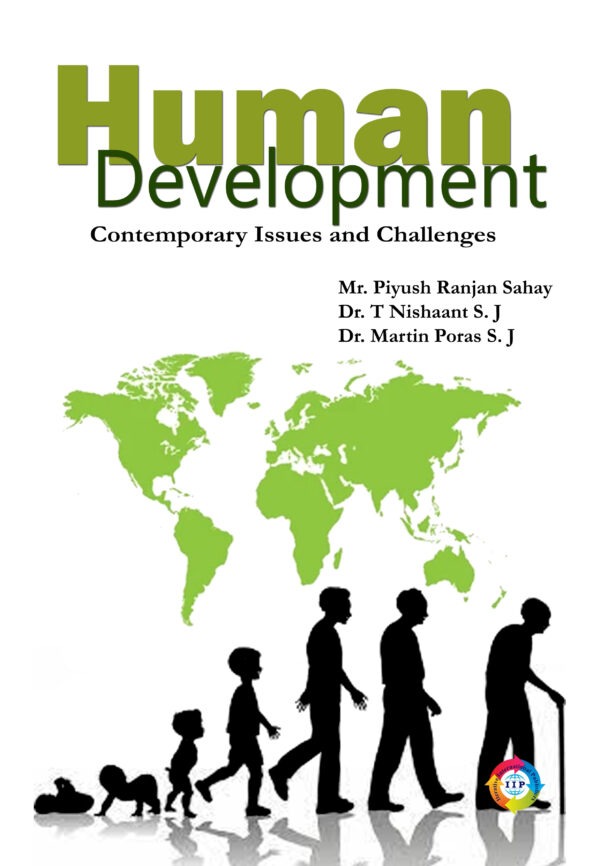
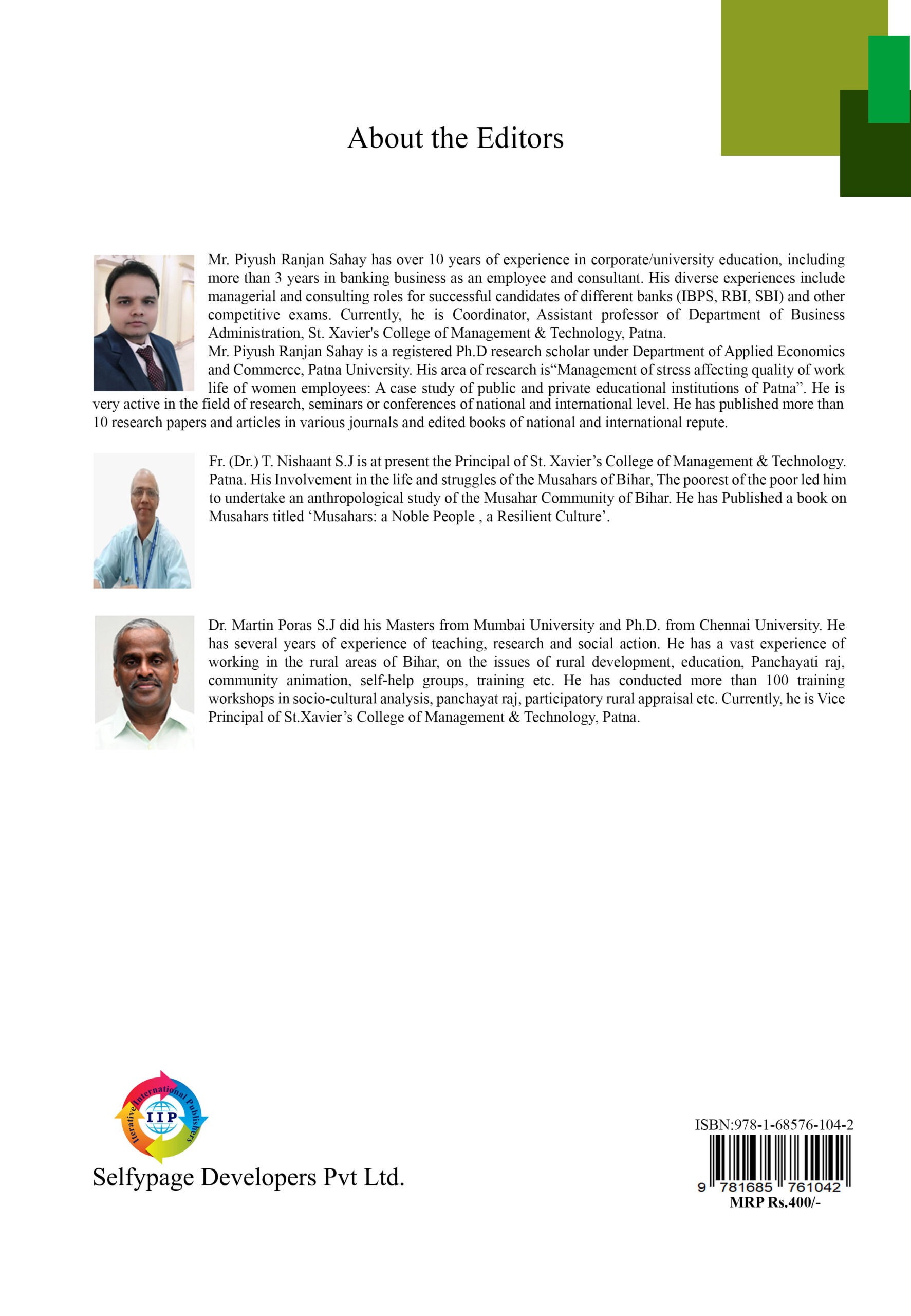
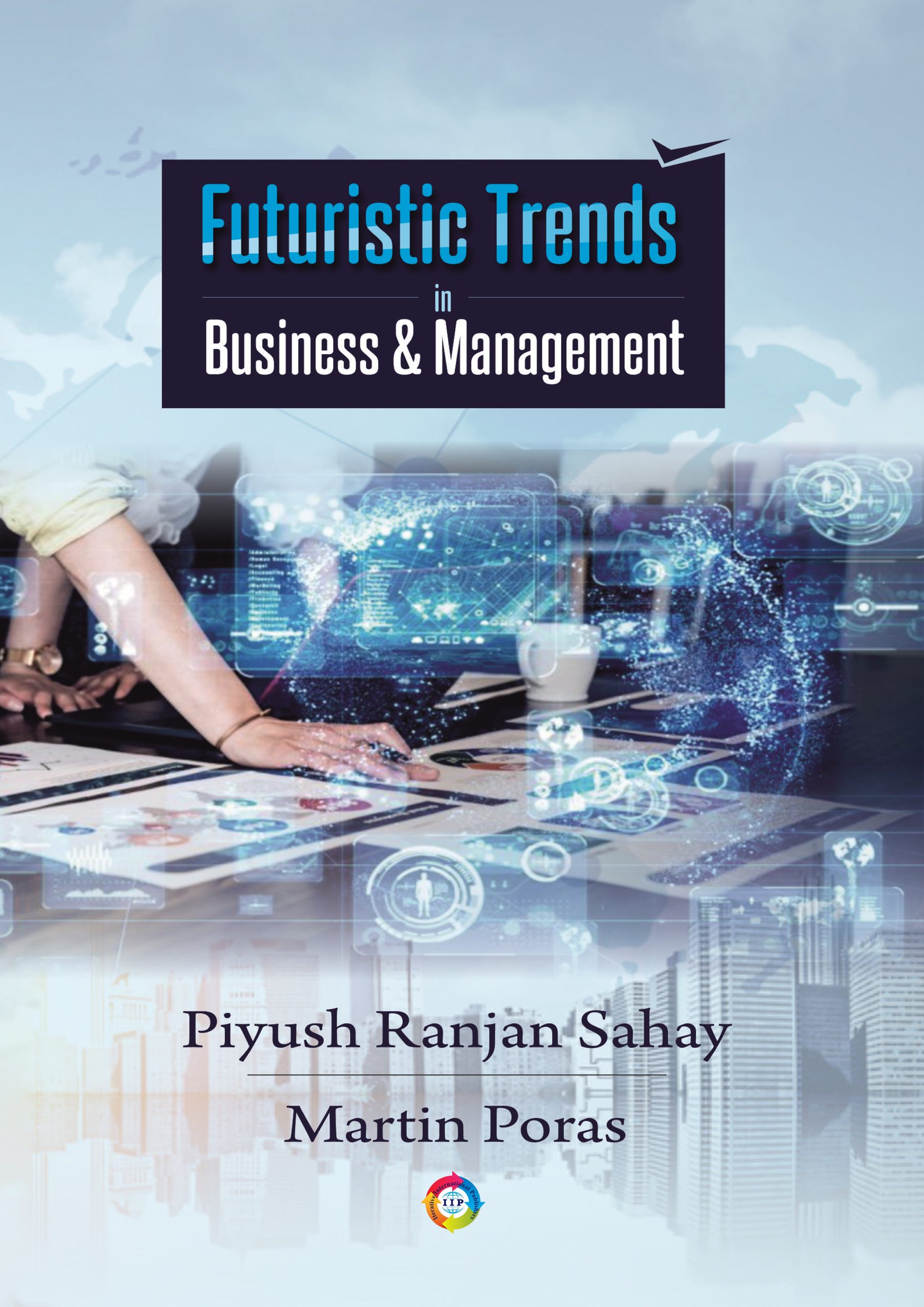
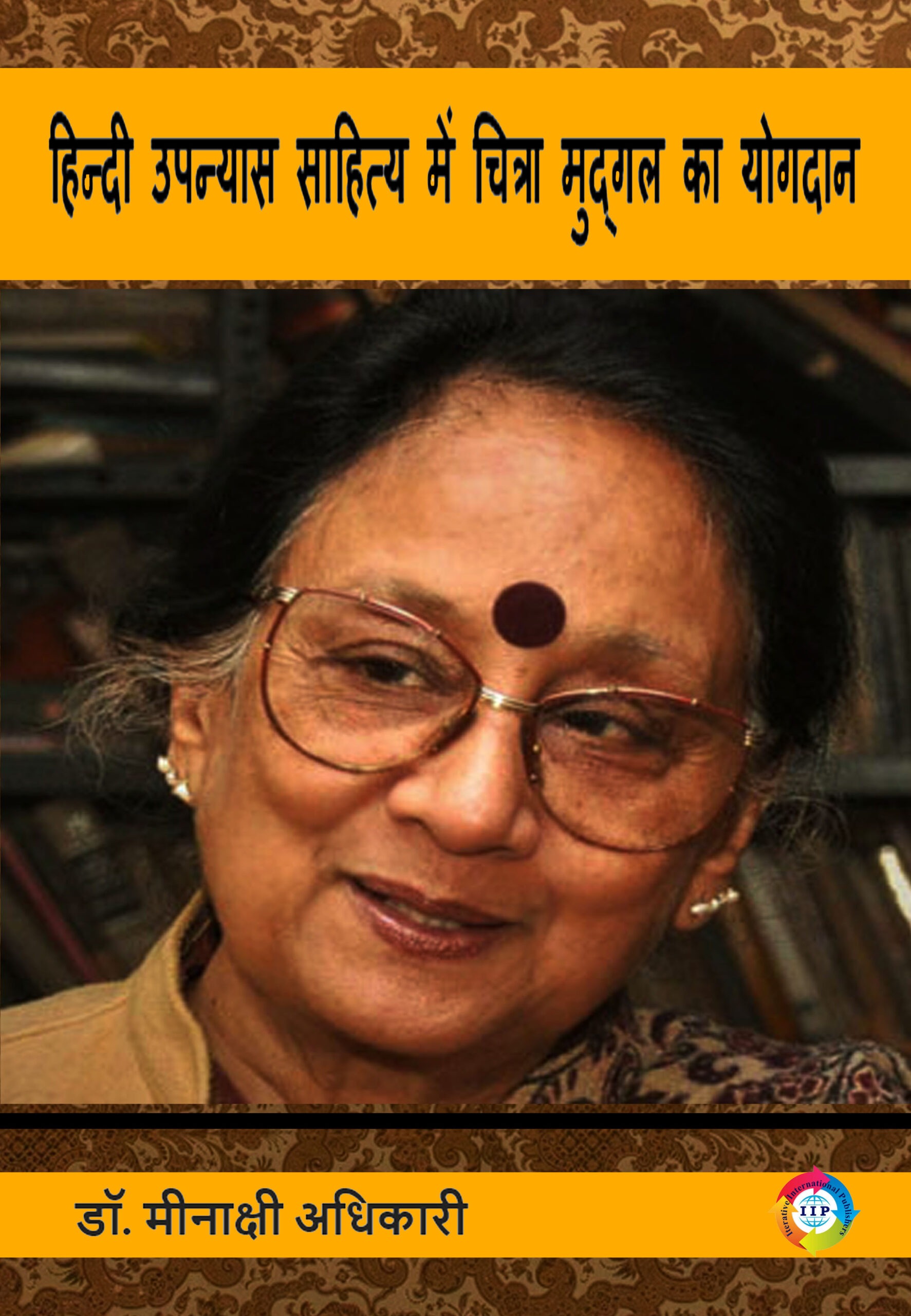
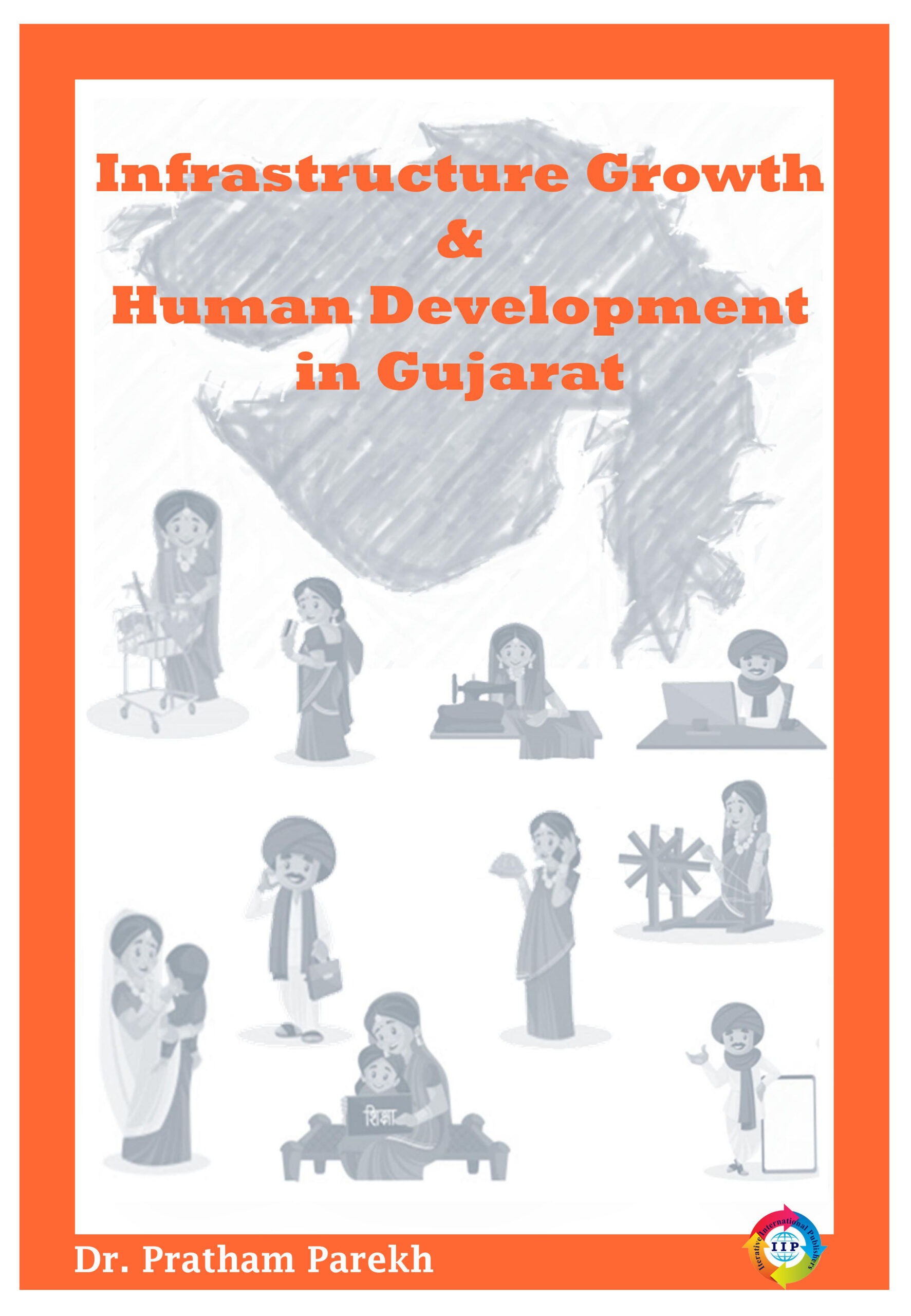
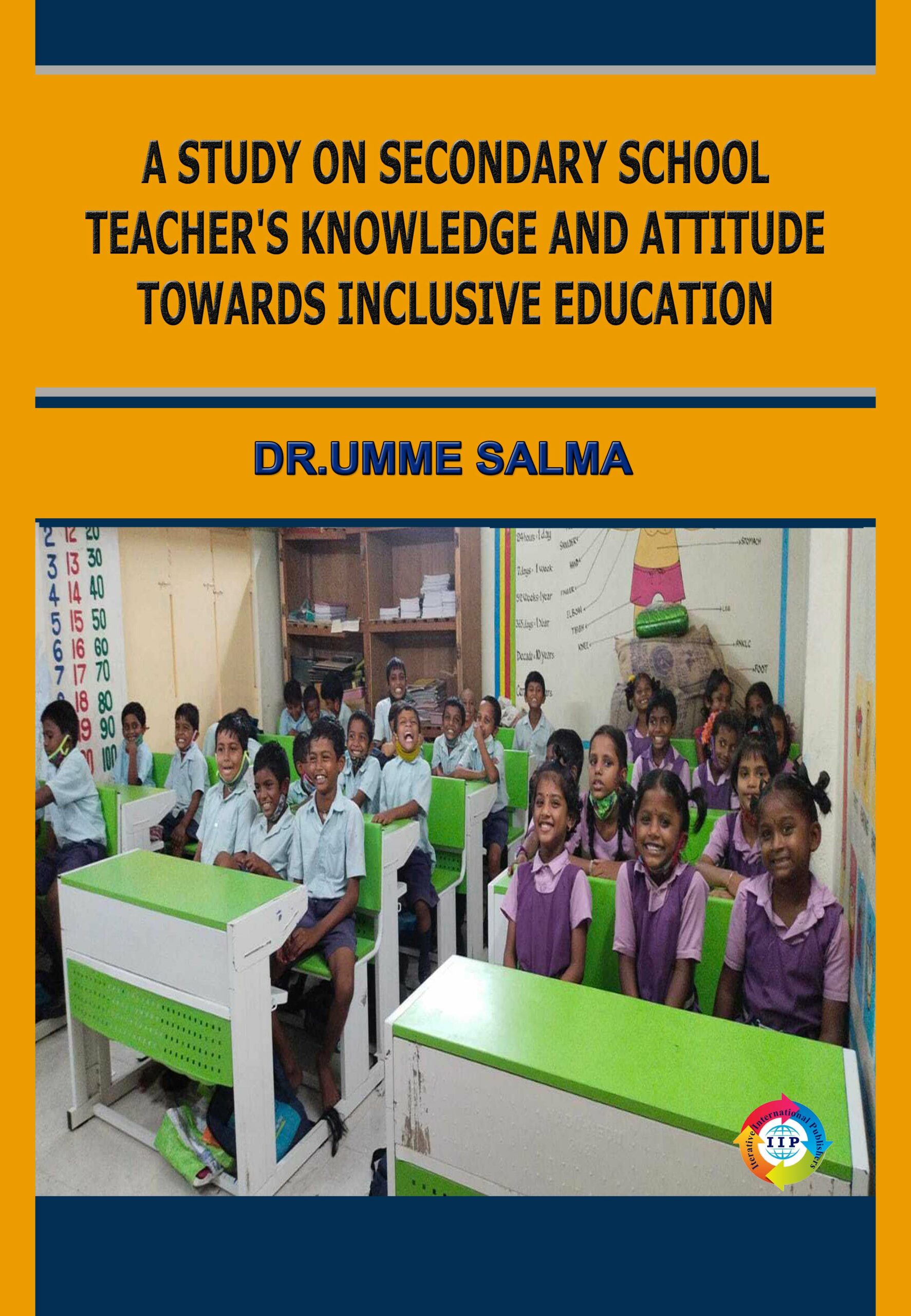
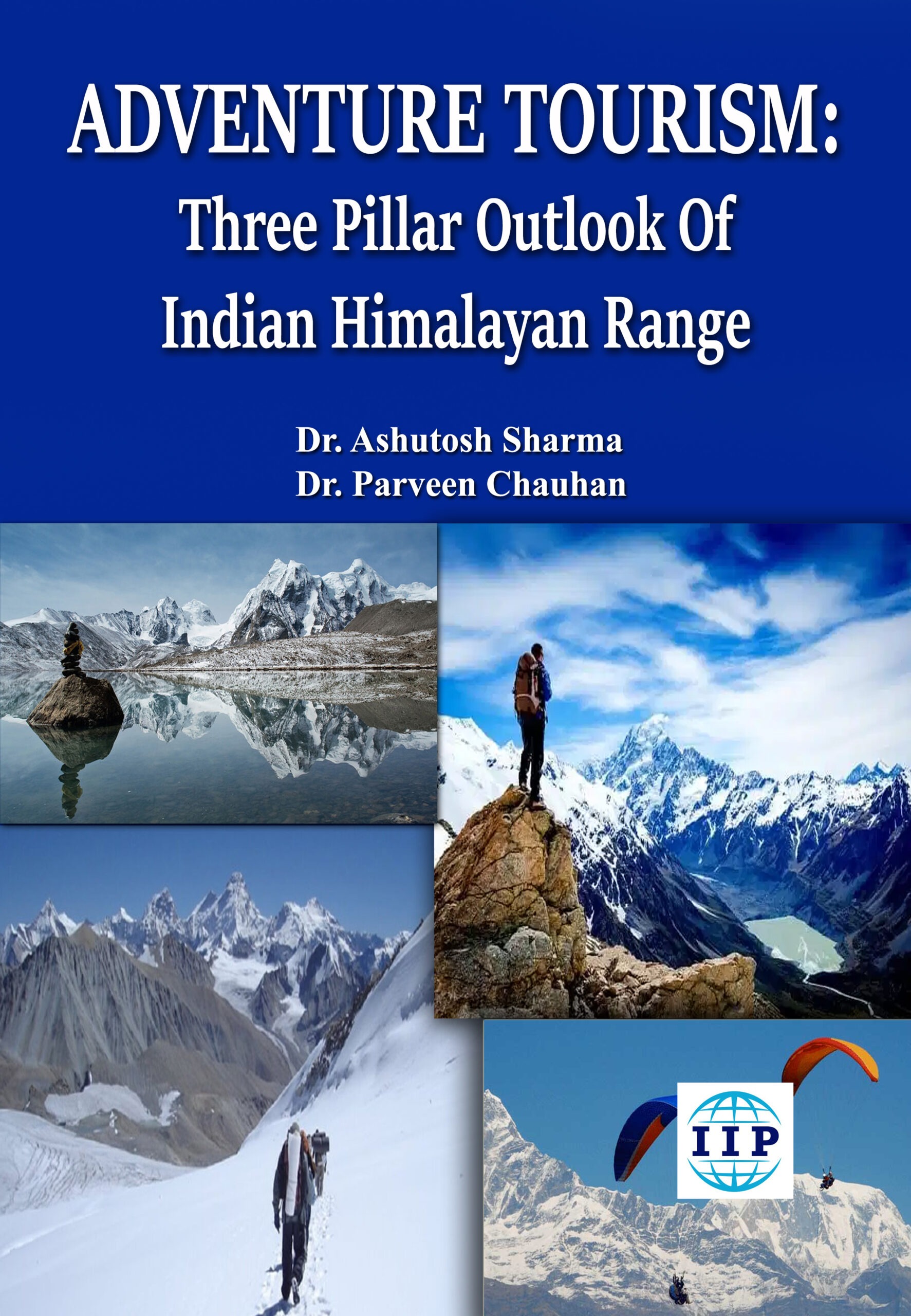

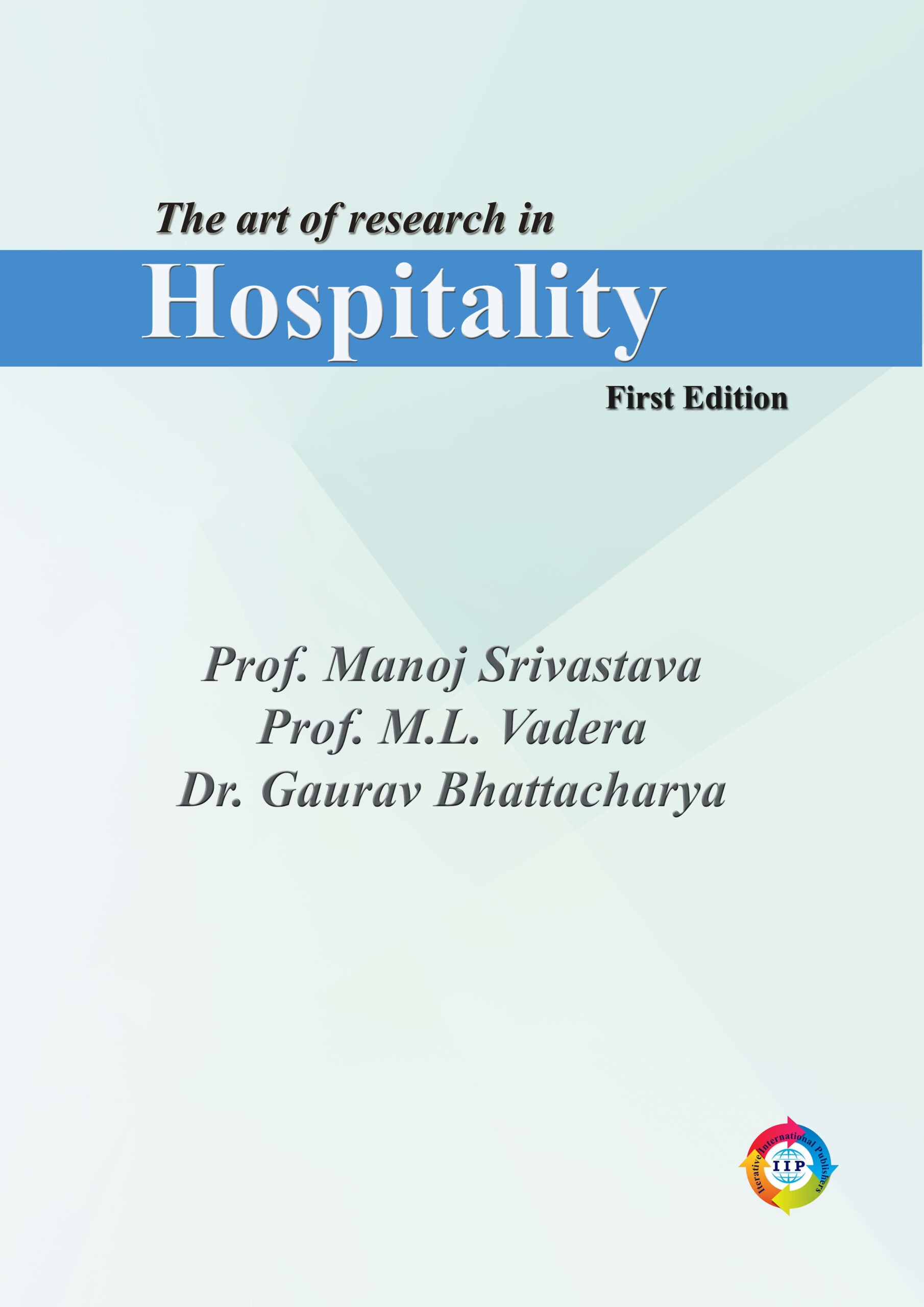
Reviews
There are no reviews yet.